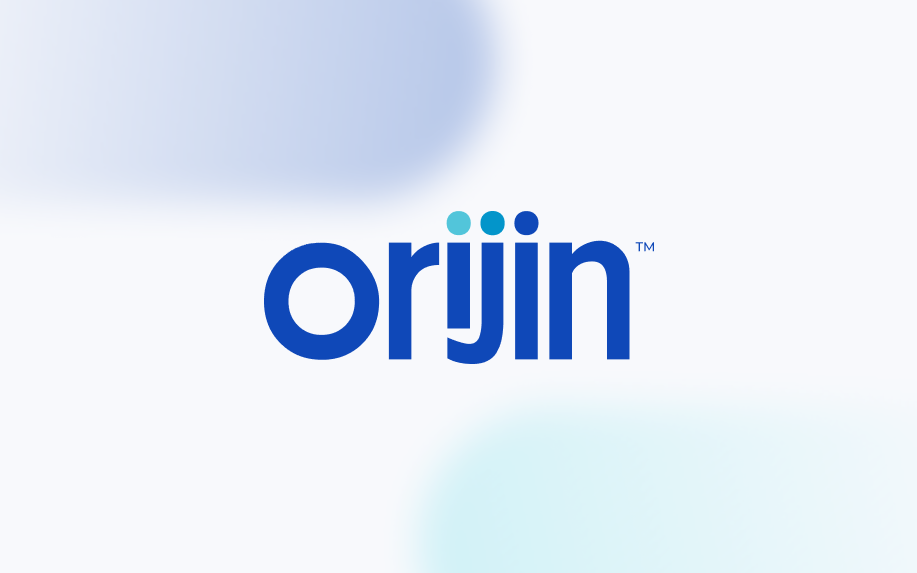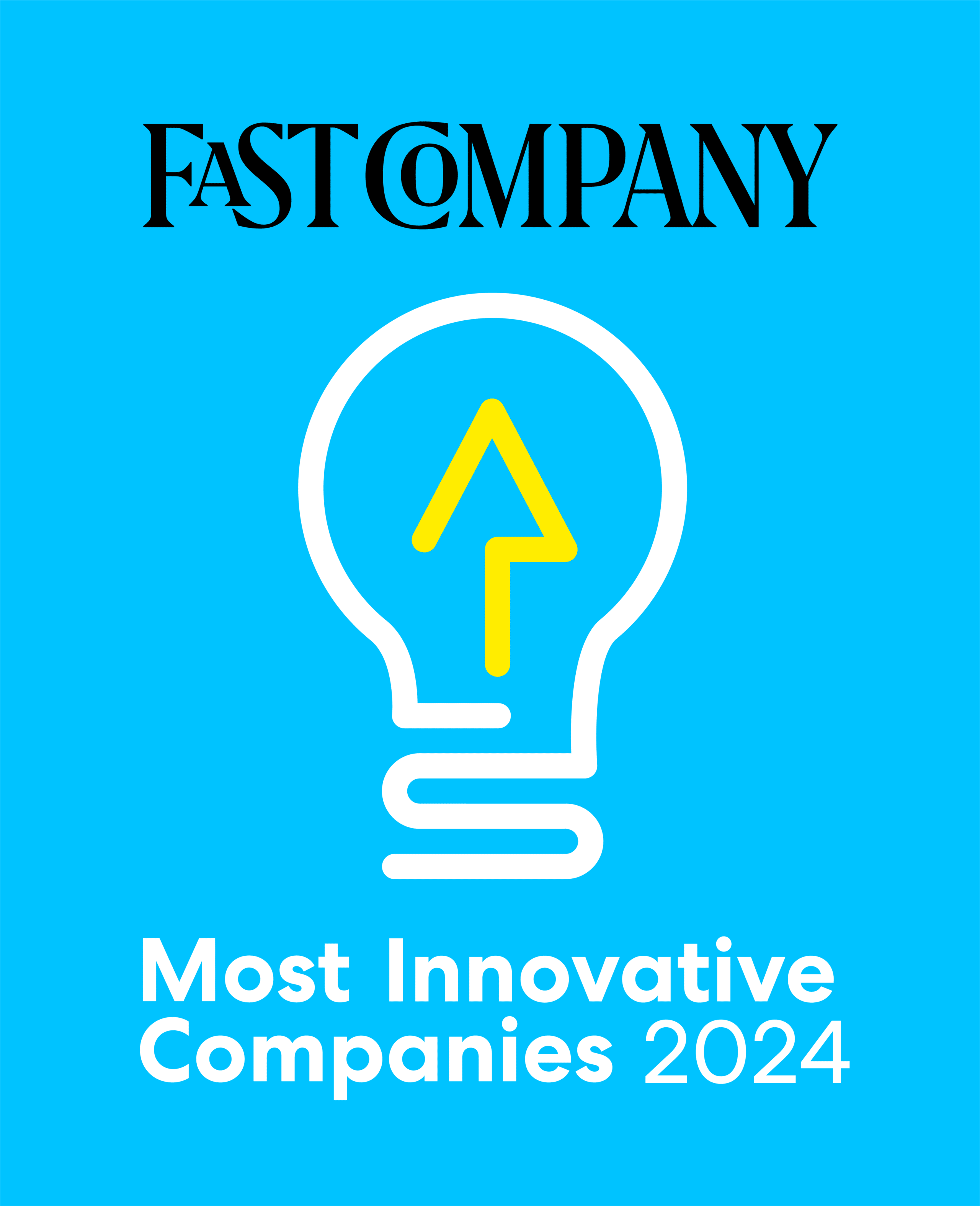According to the Prison Policy Initiative, formerly incarcerated people are nearly 5 times more likely to be unemployed, and those who do find jobs, earn only about half of what the average worker earns. We had the opportunity to meet with Harris Ferrell, who joined Orijin as its CEO in 2018, to learn about his passion and vision for re-imagining correctional facilities as centers of learning, rehabilitation, and workforce development in order to break the cycle of incarceration once and for all.
First, please tell us about your family, where you reside, and any interesting hobbies outside of work.
I have been happily married for 22 years, and have two amazing daughters, one who is in her first year in college, and another who is a sophomore in high school.
We live in the Forest Hills section of Queens, which I like to refer to as New York’s up-and-coming borough. In my spare time, I enjoy tennis, and play the guitar and mandolin regularly at my church. I took piano lessons growing up, but I’m self-taught on both the guitar and mandolin, which have become my creative outlet.
Describe the path that led you to join Orijin as CEO. What inspired you to take this important leadership role?
Most of my professional career has been focused on K-12 education and edtech. My career journey began as a teacher through Teach for America in Houston. After Teach for America, I went to business school with a focus on how to bring better educational opportunities to communities that historically have been underserved by traditional systems. Immediately prior to Orijin, I was the chief operating officer for a network of public charter schools in the Northeast.
When I met Arti Finn, co-founder of Orijin, I was instantly struck by the compelling mission Orijin was undertaking. Incarcerated people are a community which historically has had such limited access to quality education. I saw Orijin as a way to unlock a world of opportunity by tapping into some of the best available tools and technology in digital learning.
In the U.S., about two-thirds of people who are released from prison will be re-arrested or reincarcerated within three years of release. How must we think differently as a society to meet this challenge through education?
Rehabilitation was one of the original premises of corrections, but it is rarely seen in practice. Looking back to the 80s, 90s and early 2000s, with the tough-on-crime approach, it became almost nonexistent. Corrections became more of a way to punish, not rehabilitate.
We need to remember that 95% of incarcerated individuals will re-enter our communities. So, the question becomes, “What are the chances for success for people coming back into our communities if we are not actively engaging them and thinking about their needs, their abilities, and who they can become post-release?”
Our premise at Orijin, which is backed by data, is that education is the way to fundamentally disrupt the existing cycle of incarceration. When you invest in education, when you invest in job training, when you invest in people, you are preparing them to become a better version of themselves – equipping them to pursue better opportunities than they might have had access to before they were incarcerated.
What are some of the most significant challenges facing incarcerated individuals today in terms of their ability to access high quality digital education?
Statistics show that only 17% of incarcerated people have access to programming at any given time, and much of that has to do with a lack of programming space and limited staffing in correctional facilities. There’s a staffing shortage in education in general, but it is more acute in corrections, which makes it even more difficult to offer educational programming to the entire incarcerated population.
Prisons were not built with education in mind, so there’s typically very limited classroom space. Movement is highly controlled in correctional facilities, and security and custody staff have generally been very reticent to allow digital devices connected to the Internet. Most jurisdictions have to prioritize people who are closest to release – there simply isn’t the capacity to offer it more broadly. So if you’re coming in and you’ve got 10 years on your sentence, the jurisdiction has to be pragmatic about their limitations, and they’ll focus on the person who has only one year left; they’ll come back to you in nine years when you’re getting close to release. That’s a huge opportunity wasted to begin engaging with you on day one of your sentence.
At seemingly every corner, justice-impacted people face steep challenges. It doesn’t have to be this way. If we can show jurisdictions the positive return-on-investment of education and job training in corrections, and help them solve their capacity and constraint issues, we can help them create a new paradigm for education and rehabilitation.
“Our premise at Orijin, which is backed by data, is that education is the way to fundamentally disrupt the existing cycle of incarceration. When you invest in education, when you invest in job training, when you invest in people, you are preparing them to become a better version of themselves – equipping them to pursue better opportunities than they might have had access to before they were incarcerated”
– Harris Ferrel, Orijin CEO
How is Orjin helping departments of corrections overcome these challenges so they can expand access to education?
Our platform amplifies the capabilities of instructional staff and case management staff inside of correctional facilities. With Orijin, quality learning can happen at any time and at any place. Learners can access a robust set of educational programs and tools throughout the facility – in their housing units, and in classroom areas. We offer virtual classrooms that can be done in person, or via synchronous video. Learners can watch recordings of that class at any time – in case they missed it originally, or want to review it as a refresher. So now you shift away from having to move everyone physically into a classroom for instruction, and scaling up access to learning through technology, yet you don’t lose the important human to human factor that is so important, too.
We also provide data to the fingertips of the instructional staff. They can see what’s going on. They can monitor and provide feedback and motivational messages to the learners themselves. They can see how they are progressing, and have the ability to explore what interests them and follow those curiosities.
It’s not a one-size-fit all program. You can really tailor the pathway based on needs and interest and bring in a lot of rich and engaging content, and streaming video to folks who typically only had access to outdated books and materials from within correctional facilities.
What makes Orijin different from its competitors?
What makes us different is that we are an education technology company first. If you look at the backgrounds of the leadership and the people who’ve joined our company, many of us come from education or technology. We didn’t start from the world of corrections and then say let’s figure out education. Instead, we started from the world of education and said, let’s figure out corrections. So we’re an education first company. Above all, our people represent our greatest difference. We provide the highest quality of customer service. At every stage of the life cycle, from installation to technical and customer support, we go above and beyond the call of duty to solve issues, and deploy new ideas for even greater impact. It is always validating to hear from the leadership teams at the jurisdictions where Orijin is deployed how much they value and appreciate the Orijin team members and the work we do for them.
Another key differentiator of Orijin is that unlike the other companies in this space, Orijin has pledged that we will never charge the incarcerated individual, or their families, for our technology or services.
Please explain why Orijin has pledged to never charge incarcerated individuals for its service.
I was shocked when I learned how the large telecom and tablet companies charge the incarcerated individual and their families exorbitant fees for any services that the incarcerated individual consumes. Because they have a monopoly contract with the jurisdiction, there’s no competition. The incarcerated person cannot choose whether they’ll make a phone call with vendor A or vendor B, or use vendor C’s technology versus vendor D. They can only use whatever single vendor that jurisdiction has selected.
Charging the individual, or their families, to make phone calls, send emails, or access educational content, has created an incredibly predatory environment. Looking at the toll for all of the services being borne by the families of those incarcerated, it disproportionately affects people of color and low income communities. That is why Orijin made the pledge that we will not charge the incarcerated individuals nor their families for our technology or services.
What are some of the biggest misconceptions regarding formerly incarcerated people in terms of employability?
There is a lot of stigma about hiring people who have been justice-impacted, but there’s a lot of research that shows that formerly incarcerated people make really good employees. We see this in our own experience hiring returning citizens at Orijin. They show a lot of loyalty and commitment to their employers who are willing to invest in them. I think people also have this assumption that someone who’s been incarcerated is a “bad person.” We all have made mistakes. Some of us have been punished for them, but we are all more than the worst mistake we have made in life. If you think about the kind of second chances that you have gotten in your life, the grace that you’ve received, you realize that everybody deserves the opportunity for a second chance. This country was built on second chances.
These are incredibly smart people. Educational technology can help us tap into that and provide a platform for them to explore ways to apply their creativity and intelligence into things that they may not have previously known they were interested in or had an aptitude for because it wasn’t exposed to them.
Harris, I had the pleasure of meeting some formerly incarcerated individuals who used Orijin. They said it not only helped them gain skills for employment upon re-entry, it gave them hope while they were incarcerated. Can you share your thoughts on the power of hope?
I think it’s beautiful to hear what learners are expressing about the impact they have had from working on the Orijin platform, and the success they’ve found post-release.
We all need to be seen as human – regardless of our circumstances. We all want to know someone cares and that somebody sees the potential of who we can become. This can have a profound impact on the way you see yourself – whether you’re incarcerated or not incarcerated. Through our Whole Learner Framework, we tap into what it takes to motivate and engage a learner in service of their education and career path. For our framework to be effective, we have to demonstrate hope and possibility to our learners. It is not enough to just provide educational content and expect people to succeed. Orijin is designed to create positive feedback loops for the learner, so that as they progress, they see the value to continue going further – to see the possibilities ahead in their journey and to have something positive to hope for and to strive to achieve.




